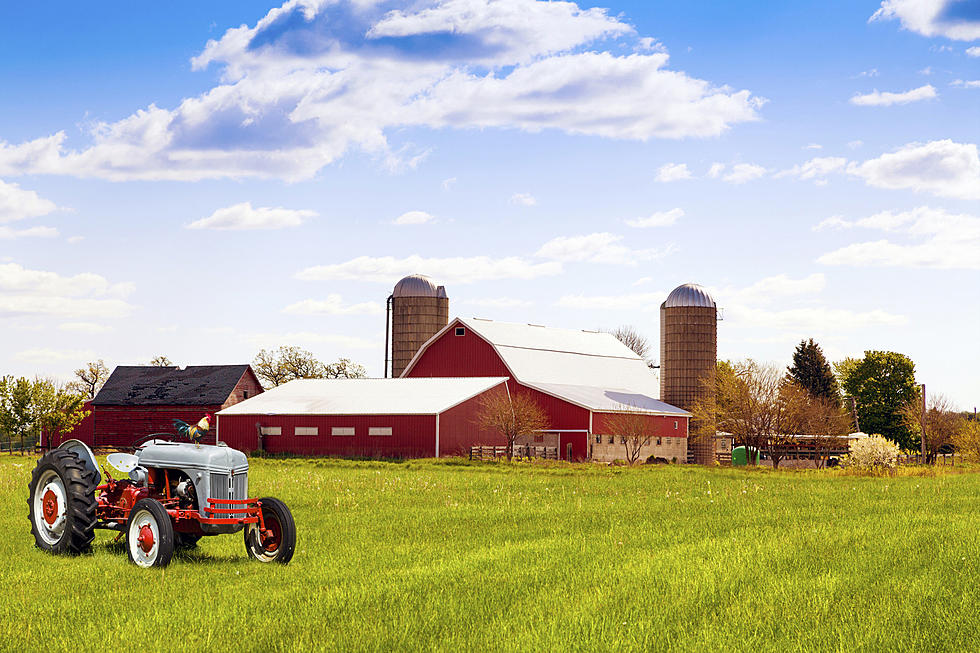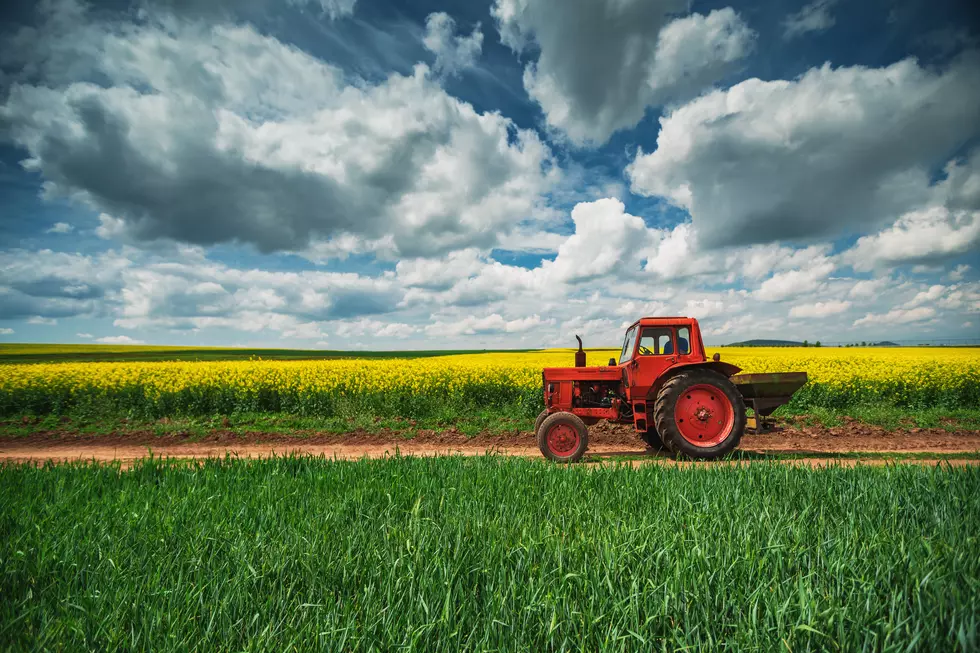
NJ farmers dealing with labor shortage, passing costs on to consumers
New Jersey's agriculture business typically has challenges recruiting and maintaining employees for the long-term because it's a seasonal industry.
But at Alstede Farms in Chester, 2021 has been a year like no other when it comes to finding help.
Farms, like other businesses in the Garden State, have been feeling the pain of a labor shortage. Alstede Farms is struggling to fill roles, from cashiers for the retail store or pick-your-own operations, to administrative positions.
Students are filling the labor gap at the 800-acre farm, at least for now.

"We're going to see a big part of this band-aid ripped off and it's going to hurt," Kurt Alstede, owner and general manager, told New Jersey 101.5. "Once students go back, it's really going to be difficult."
Alstede attributes the small pool of workers to generous unemployment benefits, which come with weekly bonuses for a few more weeks, along with the coronavirus pandemic's impact on childcare, and older workers choosing to retire rather than risk their health on the job.
"Our senior employment rate is minuscule compared to where it normally would be," Alstede said. "There's just nobody out there."
According to the New Jersey Farm Bureau, the agriculture industry has had to adjust their businesses in order to provide the same quality produce with fewer employees.
"The consequence of the labor shortage has forced growers to increase wages, but wholesale produce farmers are not seeing prices reciprocated for the increase in their input costs," said Ben Casella, field representative for the New Jersey Farm Bureau. "The retail supply chain has increased prices to the consumer, to help stabilize profit, but that is to cover the retail's expense increase for labor and those dollars do not filter back to farmers."
Casella said retail farm sales are also being forced to drive up wages and hike consumer prices.
Alstede said it's not just their own inflated wages causing financial pressure — the manufacturers and suppliers they've been dealing with for years are struggling to find help as well, so they're passing increased labor costs on to the farms that they supply.
"We have no choice but to increase our prices, our retail prices, to cover our higher costs of production and stay open," Alstede said.
Trending News Now
More From 92.7 WOBM







